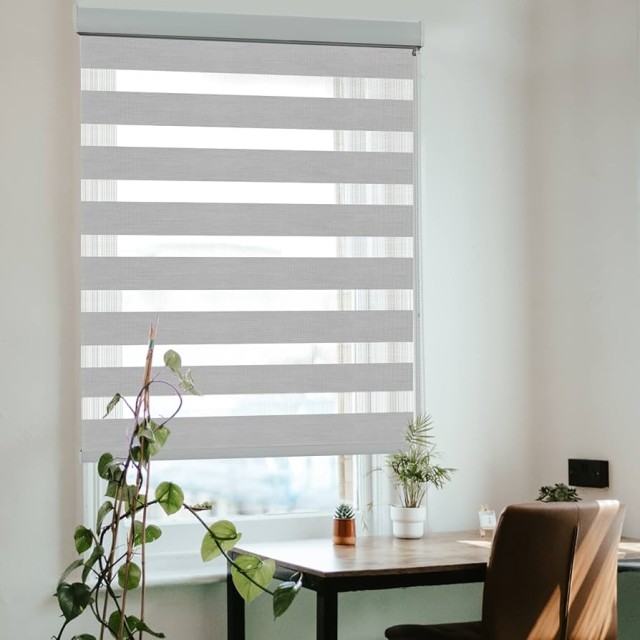
How Often Should You Replace Window Blinds? A Complete Lifespan Guide
Window blinds play a crucial role in any home. They control light, provide privacy, and enhance the overall aesthetic of your space. But like anything else, they don’t last forever. If you’re wondering how often you should replace your window blinds, you’re not alone. Many homeowners wait too long, only to realize their blinds are no longer functioning as they should.
In this guide, we’ll break down the lifespan of different types of window blinds, the signs that tell you it’s time for a replacement, and how to make your blinds last longer.
How Long Do Window Blinds Typically Last?
The lifespan of window blinds depends on the material, usage, and maintenance. Here’s a general idea of how long different types of blinds last:
a. Wood Blinds – 7 to 10 years (with proper care)
b. Faux Wood Blinds – 10 to 15 years (moisture-resistant and durable)
c. Aluminum Blinds – 5 to 7 years (prone to bending)
d. Vinyl Blinds – 3 to 5 years (affordable but less durable)
e. Fabric Blinds (Roman, Roller, Cellular) – 5 to 8 years (depending on fabric quality and exposure to sunlight)
f. Motorized Blinds – 7 to 10 years (battery or motor replacements may be needed sooner)
While these are average estimates, your blinds may need replacing sooner if they show signs of wear and tear.
5 Signs It’s Time to Replace Your Window Blinds
Even if your blinds haven’t reached their average lifespan, certain signs indicate they need replacing:
1. They Look Worn Out or Discolored
Sunlight exposure can fade blinds over time. If they’ve lost their original color or look outdated, it’s time for an upgrade.
2. Slats Are Bent, Warped, or Broken
Warped or broken slats affect both functionality and appearance. Wood and faux wood blinds can warp due to humidity, while aluminum and vinyl blinds can bend easily.
3. They’re Hard to Open or Close
If you struggle to lift or tilt your blinds, the internal mechanism may be wearing out. For corded blinds, fraying or tangled cords are also a red flag.
4. They No Longer Provide Privacy or Light Control
Blinds should block out light and provide privacy when needed. If they don’t close properly or leave gaps, they’re no longer doing their job.
5. They’re Simply Outdated
Trends change, and so does home décor. If your blinds look like they belong in another decade, upgrading to modern styles can refresh your space instantly.
How to Extend the Lifespan of Your Window Blinds
Replacing blinds can be costly, so it’s a good idea to maintain them well. Here are some simple tips to make them last longer:
- Dust Regularly – Use a microfiber cloth or duster to remove dust and prevent buildup.
- Deep Clean Occasionally – Depending on the material, wipe them with a damp cloth or use mild soap and water for deeper cleaning.
- Avoid Excessive Force – Open and close your blinds gently to prevent damage.
- Keep Moisture in Check – Use moisture-resistant blinds in humid areas like kitchens and bathrooms.
- Inspect the Mechanism – If you notice cords fraying or tilt mechanisms becoming stiff, address the issue before it worsens.
Final Thoughts
Window blinds aren’t meant to last forever, but with proper care, you can maximize their lifespan. If your blinds are discolored, broken, or difficult to operate, it’s time for an upgrade. Investing in high-quality blinds ensures durability and enhances the look of your home.
Are you planning onto replacing your window blinds? Sun Blinds can assist you in selecting the perfect fit window treatment for your home.




